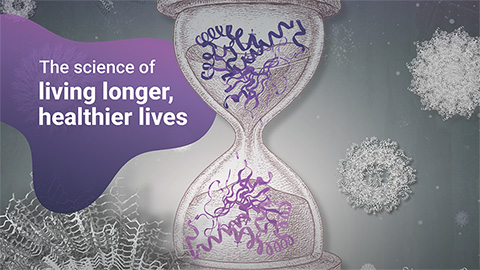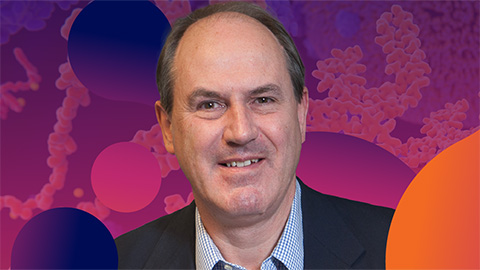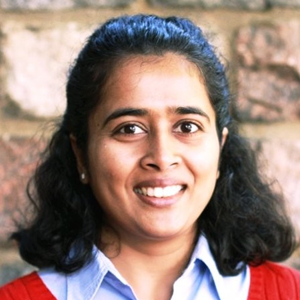In memoriam: Robert B. Sanders
Robert Burnett Sanders, who made seminal contributions to reproductive biochemistry and authored the book “Contributions of African American Scientists to the Fields of Science, Medicine, and Inventions” died June 17, 2022, in Sanford, North Carolina. He was 83.

Born December 9, 1938, in Augusta, Georgia, to Robert and Lois Jones Sanders, he attended Augusta's segregated public schools and graduated from Lucy Laney High School in 1955. He graduated from Paine College as valedictorian with a major in chemistry and then earned a Ph.D. from the University of Michigan in 1964. After completing his postdoctoral work at the University of Wisconsin, he joined the biochemistry faculty at the University of Kansas in Lawrence in 1966. At KU, he served as both associate dean of graduate studies and associate vice chancellor.
Sanders’ research focused on the biochemistry of hormone action, the biochemistry of reproduction, and uterine biochemistry. His lab studied the properties of uterine adenylate cyclase in rats. His team established the biochemical events associated with the decidual cell reaction in the uterus of rodents and its association with increased concentration of cyclic adenosine 3′,5′-monophosphate, known as cAMP. The Sanders lab showed that adenylate cyclase, the enzyme that catalyzes the formation of cAMP, might play a central role in decidualization, a process leading to significant changes to endometrial cells in preparation for, and during, pregnancy. He also worked on parathyroid hormone action, epinephrine action, cardiac adenylate cyclase action, the biology of uterine metabolism and amino acid transport in vivo and in vitro.
At KU, Sanders served as chair of the Minority Graduate Student Recruitment Advisory Committee and was an active member of The Boul, an organization for professional Black men whose mission is to collectively bring about change that cannot be accomplished by individuals.
Sanders is survived by his wife 61 years, Gladys; two children, Sylvia, and husband David Schneider, and William, and wife Margaret Esselborn; and a granddaughter, Ivy.
Enjoy reading ASBMB Today?
Become a member to receive the print edition four times a year and the digital edition monthly.
Learn moreGet the latest from ASBMB Today
Enter your email address, and we’ll send you a weekly email with recent articles, interviews and more.
Latest in People
People highlights or most popular articles

Chemistry meets biology to thwart parasites
Margaret Phillips will receive the Alice and C. C. Wang Award in Molecular Parasitology at the ASBMB Annual Meeting, March 7-10 in Washington, D.C.

ASBMB announces 2026 JBC/Tabor awardees
The seven awardees are first authors of outstanding papers published in 2025 in the Journal of Biological Chemistry.

Decoding how bacteria flip host’s molecular switches
Kim Orth will receive the Earl and Thressa Stadtman Distinguished Scientists Award at the ASBMB Annual Meeting, March 7–10, just outside of Washington, D.C.

Thiam elected to EMBO
He was recognized during the EMBO Members’ Meeting in Heidelberg, Germany, in October.

The timekeepers of proteostasis
Learn about the cover of the winter 2026 ASBMB Today issue, illustrated by ASBMB member Megan Mitchem.

Defining JNKs: Targets for drug discovery
Roger Davis will receive the Bert and Natalie Vallee Award in Biomedical Science at the ASBMB Annual Meeting, March 7–10, just outside of Washington, D.C.

